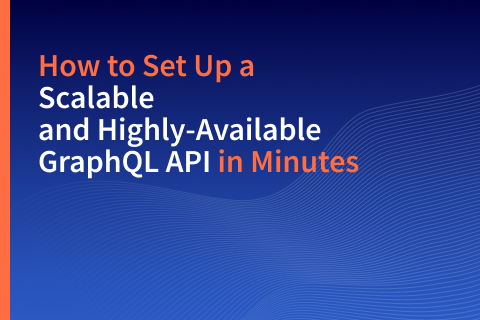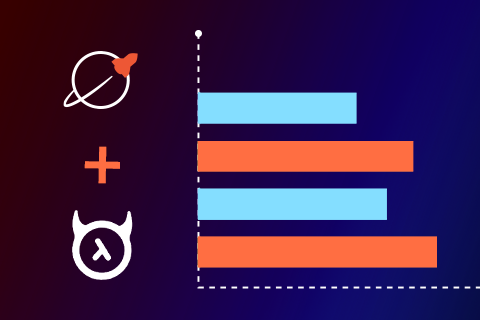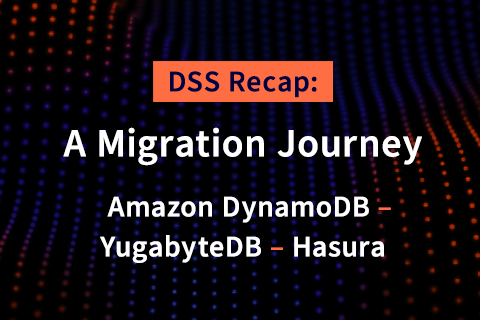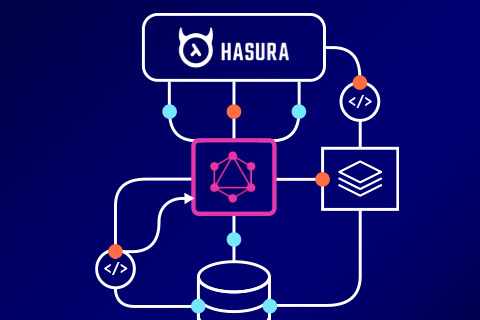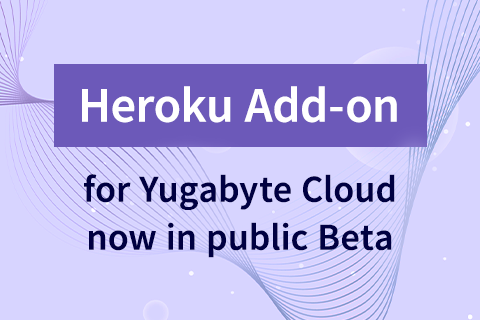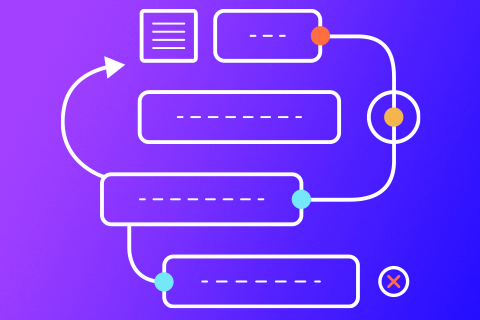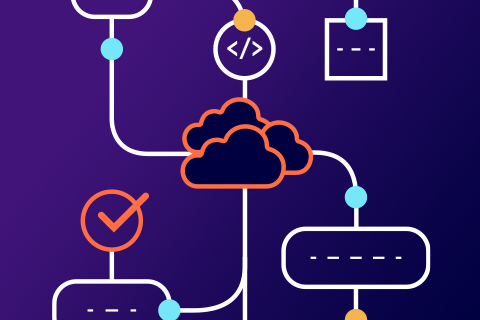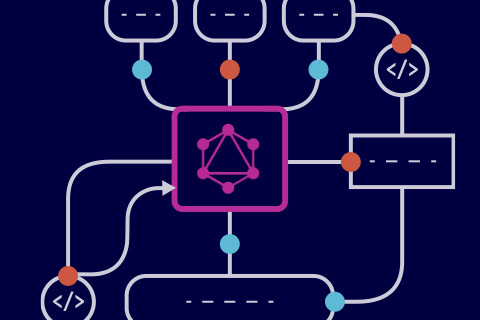How to Set Up a Scalable and Highly-Available GraphQL API in Minutes
A modern GraphQL API layer for cloud native applications needs to possess two characteristics: horizontal scalability and high availability.
Horizontal scalability adds more machines to your API infrastructure, whereas vertical scalability adds more CPUs, RAM, and other resources to an existing machine that runs the API layer. While vertical scalability works to a certain extent, the horizontally scalable API layer can scale beyond the capacity of a single machine.
When it comes to high availability,
…
